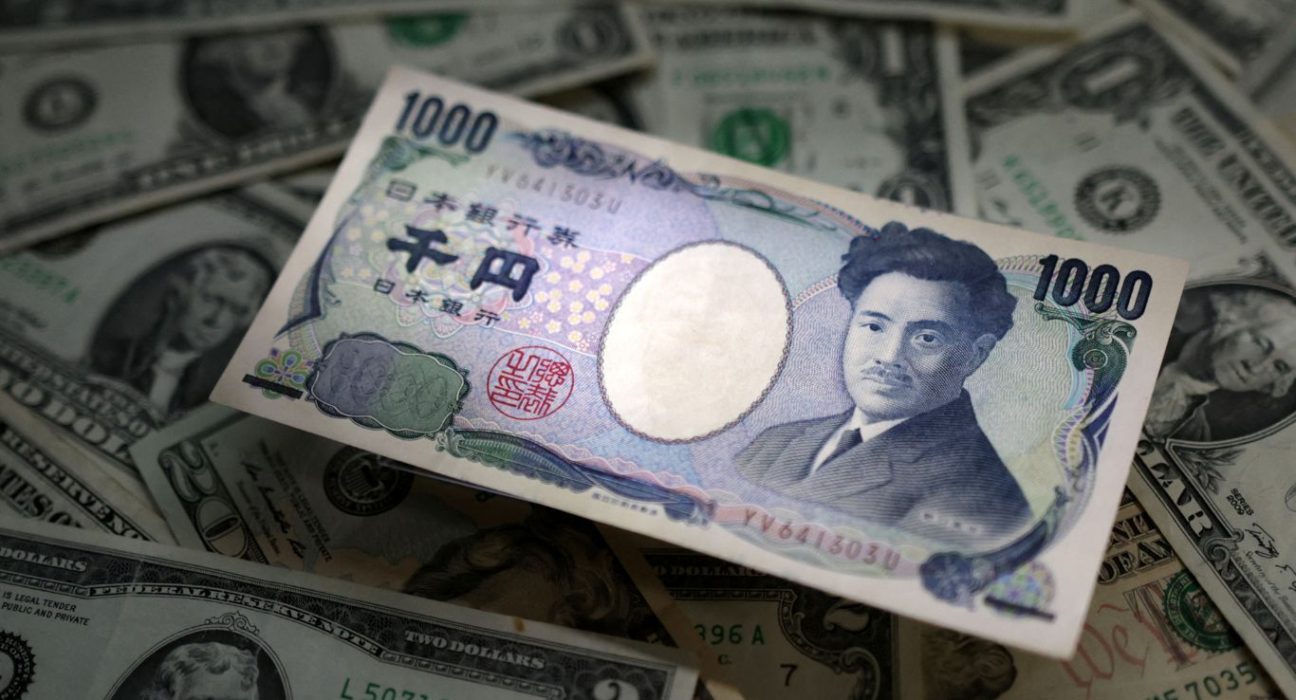Introduction
In early European trade on a Monday morning, the global currency markets witnessed a significant shift. The US dollar, after reaching a six-month high, began to falter. Simultaneously, the Japanese yen surged in value. These dramatic fluctuations were triggered by remarks made by Bank of Japan Governor Kazuo Ueda, which hinted at the potential transformation of Japan’s monetary policy. In this article, we will delve into the details of this currency market development and explore the implications it may hold for international finance.
The Dollar’s Descent
At 03:20 Eastern Time (07:20 Greenwich Mean Time), the Dollar Index, a benchmark tracking the performance of the US dollar against a basket of six other major currencies, experienced a notable decline. The index registered a 0.5% drop, settling at 104.212. This abrupt descent marked a retreat from the US dollar’s recent zenith, which saw it soar to a six-month high of 105.15.
Understanding the Dollar Index
The Dollar Index is a critical tool for investors and economists alike. It offers insights into the US dollar’s relative strength compared to other significant world currencies. As such, its fluctuations often signal broader trends in the global economy.
Bank of Japan’s Impact
The catalyst behind this sudden market shift was the comments made by Bank of Japan Governor Kazuo Ueda. These comments hinted at a potential reevaluation and adjustment of Japan’s monetary policy. The Bank of Japan plays a pivotal role in shaping the nation’s economic landscape, making any potential policy changes a matter of significant interest for international investors and financial institutions.
A Hint of Change
Governor Ueda’s comments were carefully parsed by market participants. While he did not provide explicit details, his remarks alluded to a potential shift in Japan’s monetary policy. This cryptic messaging led to a wave of speculation and activity in currency markets.
The Japanese Yen’s Surge
As the US dollar receded, the Japanese yen surged in value. This uptick in the yen’s strength was a direct response to the uncertainty introduced by Governor Ueda’s statements. The yen is known for its safe-haven status, and during times of economic uncertainty or policy shifts, it often experiences increased demand from investors seeking stability.
Safe-Haven Appeal
Investors turn to safe-haven currencies like the Japanese yen during times of global economic turbulence. The yen’s rise is indicative of market participants seeking refuge from the potential volatility that may arise from changes in Japan’s monetary policy.
Implications for Global Markets
The repercussions of the US dollar’s decline and the Japanese yen’s ascent are not limited to these two currencies alone. These developments have far-reaching consequences for the broader global financial landscape.
- Currency Markets
Currency markets are highly sensitive to central bank policies and statements. The Bank of Japan’s potential shift in monetary policy could trigger a series of reactions in other major currencies, as investors adjust their positions in response to these developments.
- International Trade
Exchange rates directly impact international trade. A stronger yen can make Japanese exports more expensive, potentially affecting the country’s export-driven economy. Conversely, a weaker US dollar may bolster American exports by making them more competitive in global markets.
- Investment Strategies
Investors and asset managers are closely monitoring these developments, as they may need to adjust their investment strategies and portfolios in response to shifting currency valuations. Hedging against currency risk becomes a critical consideration.
- Economic Outlook
The broader economic outlook, both in Japan and globally, may be influenced by the Bank of Japan’s policy decisions. Economic indicators and trends are closely watched by policymakers and analysts to gauge the potential impact on growth and inflation.
Conclusion
The US dollar’s retreat from a six-month high and the Japanese yen’s surge in value, triggered by Bank of Japan Governor Kazuo Ueda’s hints at potential changes in monetary policy, have injected a dose of uncertainty into global currency markets. As investors and financial institutions carefully navigate these developments, the ripple effects extend far beyond currency markets, touching international trade, investment strategies, and economic outlooks. It remains to be seen how these hints of change will ultimately shape the world of finance in the coming days and weeks. Stay tuned for further updates on this evolving situation in the world of international currencies.










